
Oncology


Explore how pharmacists can support pancreatic cancer patients on atebimetinib as Immuneering leaders and oncologists discuss tolerability, education, and survival-focused phase 3 trial goals.

Emerging ultraprecision therapies target CALR mutations in myelofibrosis, promising more effective treatments and improved patient outcomes for pharmacists.

Study results suggest young participants who survived cancer have difficulty in areas such as memory, attention, and ability to process information compared with those who did not have cancer.

Experts discuss how atebimetinib and adjusted chemotherapy schedules enhance tolerability and treatment duration for pancreatic cancer patients.
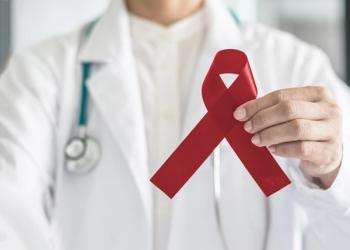
Phase 1 data show oral NSD2 inhibitor KTX-1001 delivers durable disease control in high-risk myeloma, with manageable thrombocytopenia and combo plans.

Experts discuss the role of pharmacists in CAR T-cell and gene therapy at the 2026 ASTCT Tandem Meeting in Salt Lake City.

Dato-DXd is a promising first-line treatment for metastatic triple-negative breast cancer, enhancing patient outcomes.

KTX-1001, a novel oral inhibitor of NSD2, demonstrates early clinical activity and manageable safety in heavily pretreated multiple myeloma.

Experts discuss groundbreaking data on pancreatic cancer treatment, revealing a 64% survival rate and its potential to transform patient care and outcomes.

Innovative biodegradable nanoplatforms enhance cancer therapy by integrating targeted drug delivery and real-time imaging, revolutionizing oncology practices for pharmacists.

Zavabresib receives orphan drug designation for myelofibrosis, offering hope for patients unresponsive to current treatments and enhancing therapeutic options.

Atebimetinib shows promise in enhancing pancreatic cancer treatment, achieving a 64% survival rate and improving patient quality of life.
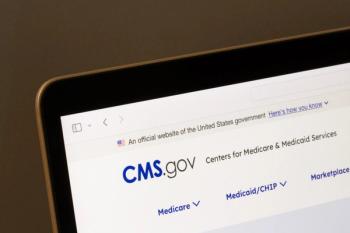
CMS announces the selection of 15 high-cost drugs for Medicare price negotiations, aiming to reduce prescription costs for older adults and taxpayers.

FDA approves a new quadruplet therapy for newly diagnosed multiple myeloma, enhancing treatment options for patients ineligible for stem cell transplant.

FDA's draft guidance on MRD and CR as end points accelerates multiple myeloma therapy approvals, enhancing patient access and transforming oncology practices.

Innovative immunotherapy strategies, like linvoseltamab, show promise in treating multiple myeloma, potentially reducing reliance on traditional transplants.
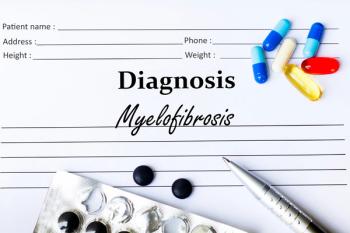
Explore the evolving landscape of myelofibrosis treatment, focusing on personalized therapy, JAK inhibitors, and the role of pharmacists in patient care.

FDA grants Priority Review for gedatolisib, a promising treatment for advanced HR+/HER2- breast cancer, showcasing significant efficacy in recent trials.
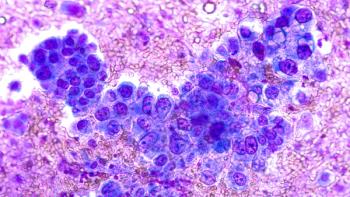
New research reveals circulating tumor cells can predict patient response to tarlatamab in small cell lung cancer, enhancing personalized treatment strategies.

New research reveals PUF60's critical role in triple-negative breast cancer, highlighting RNA splicing as a promising therapeutic target for oncology.

Innovative digital twin technology revolutionizes brain cancer treatment by predicting tumor metabolism and personalizing therapies for better patient outcomes.

The epcoritamab, rituximab, and lenalidomide regimen provides a chemo-free, outpatient option for relapsed or refractory follicular lymphoma (FL), offering high response rates, improved quality of life, and expanding pharmacists’ roles in patient management.

Teclistamab-cqyv shows promising results in treating refractory multiple myeloma, significantly improving survival rates and offering new hope for patients.

In October 2025, the FDA approved an updated label update for capecitabine mandating DPYD genetic testing before initiating treatment, unless urgent.

New research reveals a gut bacteria-derived molecule that enhances lung cancer immunotherapy, potentially improving outcomes for patients with limited treatment options.

Zahra Mahmoudjafari explains how the epcoritamab, rituximab, and lenalidomide regimen delivers durable responses in relapsed or refractory follicular lymphoma while expanding the pharmacist’s role in dosing coordination and toxicity management.
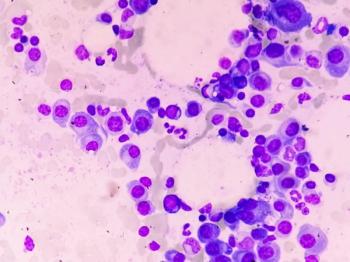
New research uncovers why multiple myeloma affects men more than women, highlighting sex-based differences in disease presentation and risk factors.

Pitavastatin shows promise as a novel treatment for triple-negative breast cancer, enhancing chemotherapy efficacy and targeting cancer cell survival pathways.

Start 2026 with clear goals, smart planning, and intentional action.
